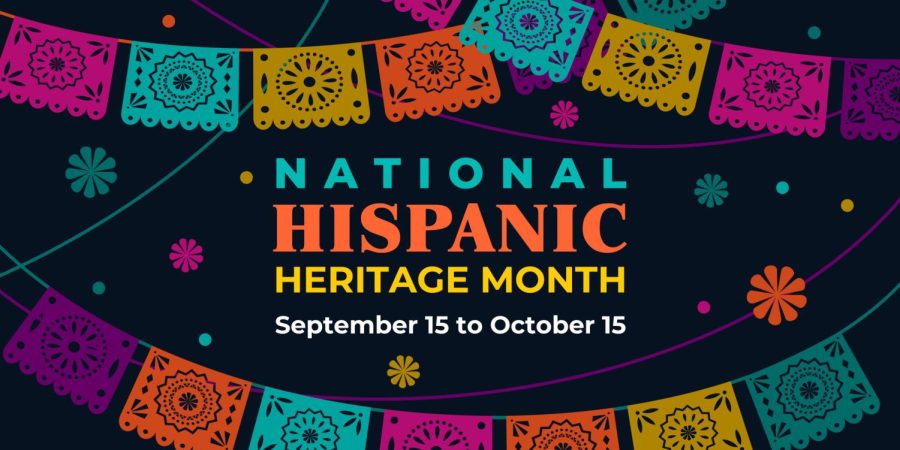HALO commemorates Hispanic Heritage Month
Hispanic Heritage Month is observed each year on Sept. 15 to Oct. 15 to recognize and celebrate the history and cultural contributions of Hispanic/Latinx Americans.
Why not start the celebrations at the beginning of a month? The reason is to commemorate anniversaries of certain Latin American countries gaining their independence. These include Nicaragua, El Salvador, Guatemala, Honduras, Costa Rica and El Salvador.
Hispanic and Latinx populations are expanding in the U.S., with the 2020 U.S. Census reporting 62.1 million Hispanic Americans, making up 18% of the total population of the country. In fact, more than 500 years of Hispanic and Latino history and heritage can be found in national parks or shared through National Park Service programs across the U.S.
As presented in the data above, Hispanic and Latinx heritage is deeply cultivated into American society, which makes understanding different cultures Hispanics countries possess more important than ever.
To promote cultural literacy and awareness in the OU community, Hispanic American Leadership Organization (HALO) at OU works as a social network for its students.
Isabella Mahuad is a junior at OU Honors College and the president of the HALO. She is double-majoring in International Relations and Spanish. As the president of HALO, Mahuad and her fellow officers plan and run civic events, and present presentations outside of the club for people with the OU community in an effort to perpetuate awareness of the customs and traditions of Hispanics.
“I think it’s really important to be aware of how diverse Hispanic culture can be,” Mahuad said. “Even within individual countries, people speak different languages and have different traditions, so there can be really different cultures from country to country.”
HALO recently co-sponsored an event where Dr. Ivan Reyna, associate professor of Spanish at the University of Missouri-Columbia, spoke about Peruvian politics. His presentation aimed to provide a general idea of the history of Peru and how this historical awareness helps us to understand the political crisis in which Peru is immersed today.
Mahuad herself comes from Hispanic/Latinx heritage. Despite having extended family in Mexico and her living in the U.S., they are both able to share traditions.
“I also really love being able to share my culture with people who aren’t familiar but want to learn,” she said. “Overall, it’s a way to connect with other people.”
Facing the issue of discrimination and health disparities against the Hispanics and Latinx community, Mahuad said that many changes need to be made. Despite their contributions to the U.S., Hispanics and Latinos still often face inequalities in various fields.
“Unfortunately, the root of a lot of these issues are systemic,” Mahuad said. “I think a good starting place is to have empathy and listen to the communities facing these problems, but at the end of the day there isn’t a simple solution. I hope to see greater equity in the future, and for people to come together on these issues.”
Learning about other cultures helps us understand different perspectives within the world in which we live. It helps dispel personal biases and negative stereotypes about different groups. Being proactive in listening, accepting and welcoming different people and ideas is an important first step anyone can take.
Without diversity, no unity exists.







